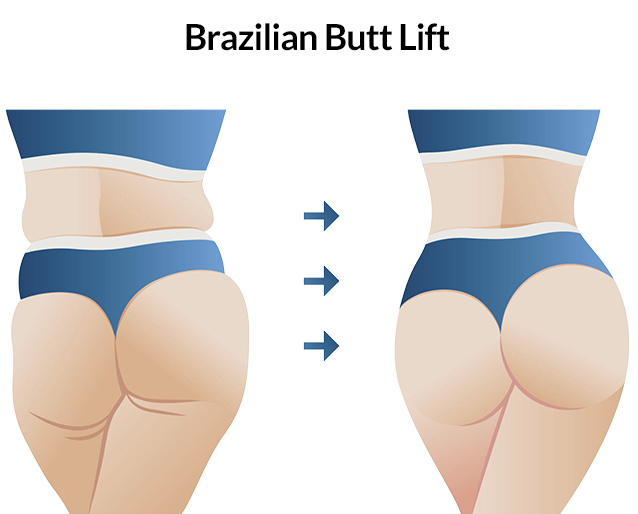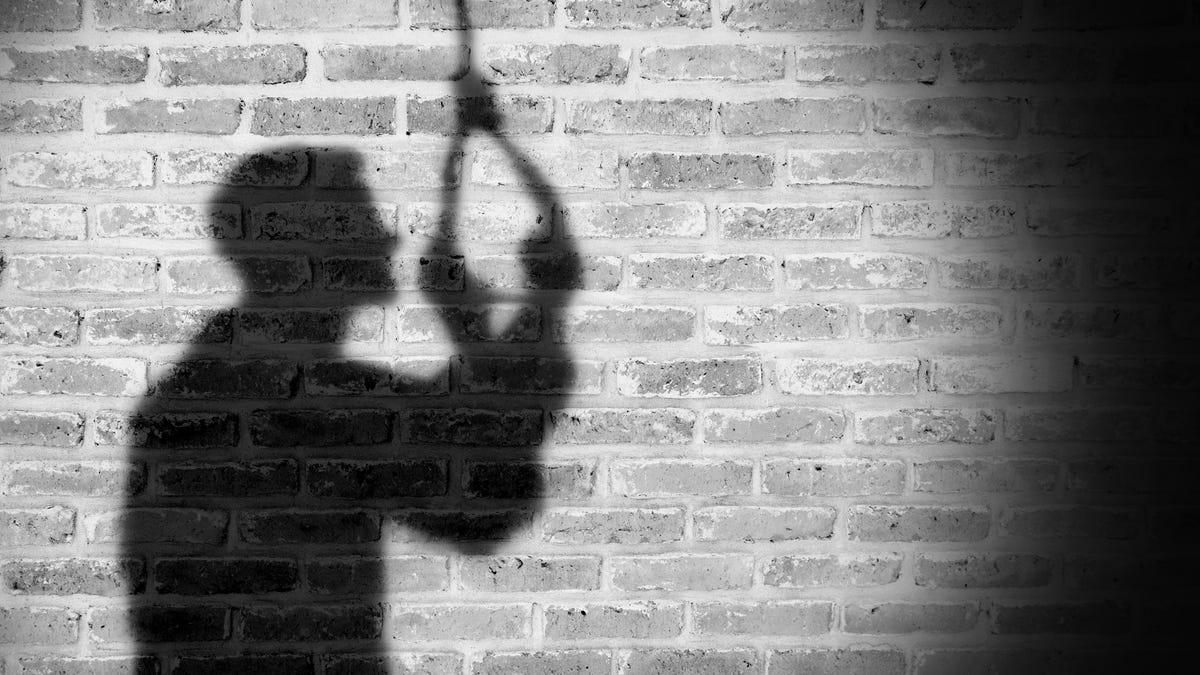NDLEA warns of fake officers targeting families with travel scams
By Uzair Adam Imam The National Drug Law Enforcement Agency (NDLEA) is alerting the public, particularly those with loved ones abroad, to a new scam that targets innocent families. Fraudsters…






